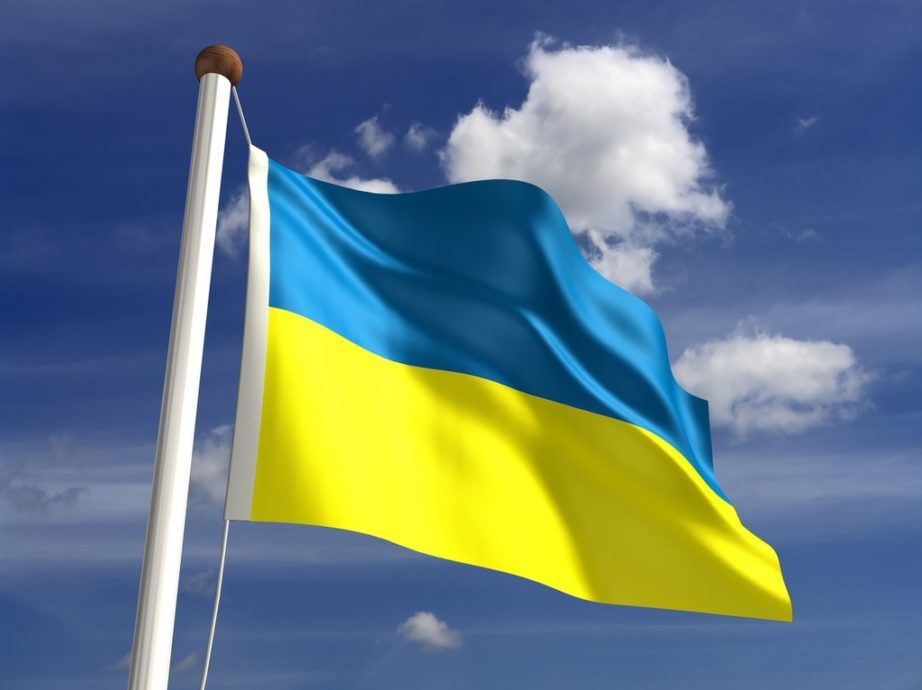ED: Summary of a much longer article
The Canadian Army faces a perfect storm of crises that jeopardise its ability to recruit, retain, equip, and train personnel for the evolving nature of warfare in the 2020s. These challenges go beyond administrative hurdles and directly threaten the Army’s capacity to safeguard Canada’s security and contribute meaningfully to allied defence efforts. Addressing these systemic issues requires both a frank acknowledgment of the problems and a commitment to reform. A future Conservative government under Pierre Poilievre might bring the necessary political will to tackle these shortcomings, but lasting solutions will demand sustained focus and resources.
The recruitment and retention crisis is a critical weakness for the Army. With a shortfall of over 10,000 personnel across the Armed Forces, the Army struggles to meet recruitment targets. This isn’t just a numbers problem; it’s a capability crisis. Without adequate staffing, the Army cannot effectively maintain training cycles, staff units, or prepare for deployments. Retention remains equally problematic, with soldiers citing poor living conditions, limited career progression, and burnout as reasons for leaving the service. At key bases like Petawawa and Edmonton, housing shortages and rising rental costs add financial strain on service members and their families, further driving attrition.
For instance, soldiers stationed at Petawawa face soaring housing costs, forcing many to live in inadequate on-base housing or commute long distances. These hardships erode morale and contribute to a cycle where remaining personnel are overburdened and demoralized. Compounding the issue, societal attitudes toward military service have shifted. Younger generations often perceive the military as outdated and poorly supported. Unlike countries like the United States or Australia, which emphasize patriotism and career development in recruitment campaigns, Canada lacks a coherent narrative to appeal to potential recruits. The U.S. has successfully linked military service to opportunities in STEM careers, a strategy Canada could adopt to better align with modern workforce expectations.
Beyond personnel issues, the Army’s equipment deficiencies further undermine its operational readiness. Canada’s military procurement system is plagued by delays and cost overruns, resulting in outdated or inadequate tools for modern warfare. While the Army’s Light Armoured Vehicles have received upgrades, they remain vulnerable to advanced drones and precision-guided munitions used by adversaries. The Army’s lack of long-range artillery, air defence systems, and unmanned aerial systems leaves it ill-prepared for high-intensity conflict.
NATO allies, such as Poland, have invested heavily in modernizing their forces, acquiring advanced artillery systems like HIMARS. In contrast, Canada’s sluggish procurement processes reflect complacency. During recent NATO exercises, Canadian forces struggled to integrate with allies using sophisticated electronic warfare and drone systems, highlighting the operational risks posed by these gaps. The much-lauded “Strong, Secure, Engaged” defence policy promised significant investments, yet many of its commitments remain unfulfilled. The delayed procurement of new logistics trucks, for example, forces soldiers to rely on aging vehicles unsuitable for contemporary operations.
While recent acquisitions like Leopard 2 tanks are a step in the right direction, they do not make up for decades of underinvestment. This equipment gap is particularly glaring when comparing Canada’s NATO contributions to those of its allies. For example, Canada’s deployment of 800 troops to Latvia—though symbolically important—lacks the scale and technological sophistication to deter Russian aggression. In contrast, Germany’s expanded deployment to Lithuania, complete with air defence systems and modern combat vehicles, demonstrates a more credible commitment.
Training deficiencies further compound the Army’s challenges. Modern warfare increasingly demands integration of cyber capabilities, autonomous systems, and electronic warfare—areas where Canada lags significantly. Training exercises often fail to reflect these realities, leaving personnel unprepared for contemporary battlefields. Countries like the United Kingdom and the United States incorporate joint multi-domain operations into their training regimes, while Canada’s exercises remain rooted in outdated tactics. For instance, the recent “Maple Resolve” exercise, although useful for basic readiness, exposed significant gaps in electronic warfare and counter-drone training.
Infrastructure issues, particularly inadequate housing, further erode the Army’s ability to support its personnel. Many soldiers live in substandard housing or face high rental costs near bases, which strains their financial and emotional well-being. Inadequate facilities for training and medical care exacerbate these problems, contributing to a sense of neglect among service members. Reports from bases like CFB Edmonton reveal deteriorating barracks with issues such as mould and poor heating, symbolizing the government’s failure to provide basic necessities.
The Army’s scattered deployment model reflects its broader strategic incoherence. Spreading limited resources across multiple missions dilutes effectiveness and overextends personnel. For instance, Canada’s modest troop deployment in Latvia lacks sufficient logistical and technological support to be a credible deterrent. A more focused approach—such as doubling the Latvia deployment or reallocating resources to Arctic security—would better align with Canada’s strategic priorities.
The Arctic is a critical area for Canadian sovereignty and security. However, investments in Arctic capabilities remain inadequate, leaving Canada vulnerable to growing Russian and Chinese ambitions in the region. The lack of icebreakers, surveillance systems, and mobility platforms hampers Canada’s ability to defend its Arctic interests. Recent reports of Chinese interest in Arctic resource development highlight the urgency of enhancing Canada’s capabilities in this domain.
Addressing the Army’s systemic issues requires a comprehensive overhaul of recruitment, retention, equipment, and training strategies. Modernizing recruitment campaigns to appeal to diverse demographics through digital platforms and targeted messaging is essential. Retention efforts should focus on improving pay, benefits, and family support programs, including subsidized housing and allowances for those stationed in high-cost areas.
Reforming the procurement process to reduce delays and enhance accountability is equally critical. Partnering with allies on joint procurement projects could streamline acquisitions and ensure timely delivery of advanced technologies. A significant increase in funding for military housing and infrastructure is necessary, as is a complete overhaul of training programs to reflect the realities of modern warfare.
Political will is essential to drive meaningful reform. The Trudeau government has largely favoured symbolic gestures over substantive changes. A future Conservative government under Pierre Poilievre could provide the impetus for reform, assuming defence becomes a core policy priority. However, even under new leadership, addressing the Army’s challenges will require long-term planning, sustained investment, and a cultural shift within the military to embrace innovation and adaptability.
The Canadian Army’s current dysfunctions represent more than administrative failures—they pose an existential threat to its ability to defend Canada and support allied security efforts. From recruitment and retention crises to outdated equipment and inadequate training, the Army faces significant challenges that must be addressed to remain relevant in an increasingly volatile world. Practical solutions exist, but they require political courage and a commitment to prioritise defence over short-term political calculations. If a future government can rise to the challenge, it may restore the Canadian Army’s credibility and relevance on the global stage.
About the Author: Andrew Latham
Andrew Latham is a non-resident fellow at Defence Priorities and a professor of international relations and political theory at Macalester College in Saint Paul, MN.










